Who Makes the Best Parallel Clamp?
They seem identical, but a head-to-head test tells a different story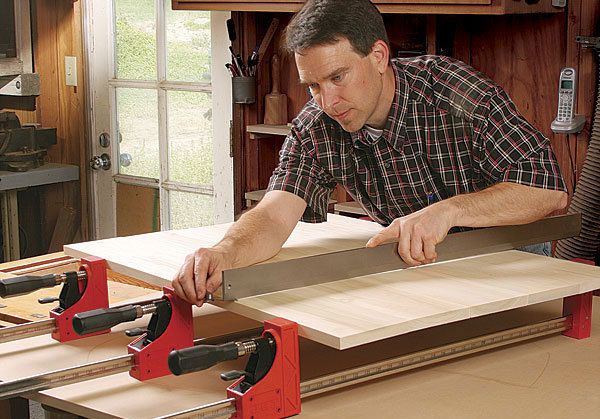
Synopsis: There’s no question that parallel clamps have helped make glue-ups easier since they were introduced about 15 years ago. Their large jaws make workpiece denting much less of an issue. And because the jaws are square to the bar and parallel to each other, parts aren’t as likely to slide out of alignment when the clamp is tightened. Plus, dried glue is easier to remove from the plastic jaws. But who makes the best version? Tim Albers tested six clamps—from Bessey, Irwin, Jet, Jorgensen, Woodcraft, and Woodline. Overall, he found a mixed bag. Several clamps were disappointments; but a couple stood out as top performers.
life in my workshop got a little easier about 15 years ago, on the day Bessey introduced the first parallel clamp, called the k Body. Ever since then, parallel clamps have become my main squeeze for a variety of clamping tasks.
Before the arrival of parallel clamps, I’d reach for a pipe clamp or a steel I-beam clamp when a long clamp was called for. Either one could muscle more than enough pressure. But clamp pads were a must if you wanted to avoid dents from the jaws; and because the jaws weren’t parallel, workpieces often slid out of position. on the other hand, parallel clamps have big jaws, making workpiece denting much less of an issue. And because the jaws are square to the bar and parallel to each other, parts aren’t as likely to slide out of alignment when the clamp is tightened. plus, dried glue is easier to remove from the plastic jaws, so glue buildup isn’t much of an issue.
The parallel-clamp manufacturers’ club now has six members: Bessey (with a new version of its original), Irwin, Jet, Jorgensen, Woodcraft, and Woodline. To find out if any stood out from the group, I gathered four clamps from each manufacturer and set about testing them in my shop. I wanted to work with 36-in.-long clamps, but learned that some manufacturers don’t make that size. In those cases, I worked with the length nearest to 36 in.
When all the testing was finished, I found the overall quality of the clamps to be a mixed bag. several were disappointments; but a couple stood out as top performers.
Ease of use is important
Good clamps have a sliding jaw that moves and adjusts easily. The Irwin and Jorgensen clamps had the smoothest sliding jaws— sometimes too smooth. When the clamp is held vertically, the jaws can instantly slide down and whack your hand.
Two of the clamps—the Jet and the Woodline—won’t slide unless you squeeze a trigger to release a locking clutch, a safety feature that helps prevent such handwhacking incidents. The Jet trigger worked well and the jaw slid with ease. But the Woodline sliding jaw was difficult to move and often required two hands.
From Fine Woodworking #209
For the full article, download the PDF below:
Fine Woodworking Recommended Products
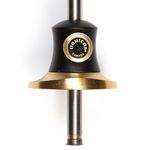
Veritas Micro-Adjust Wheel Marking Gauge
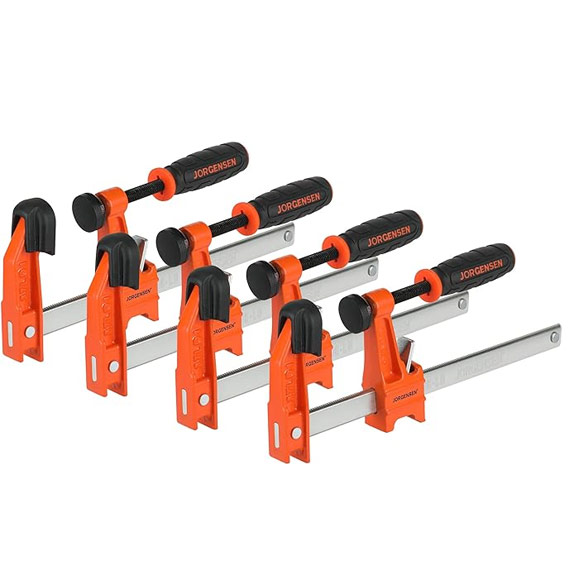
Jorgensen 6 inch Bar Clamp Set, 4 Pack

Bahco 6-Inch Card Scraper


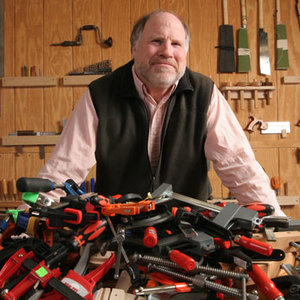
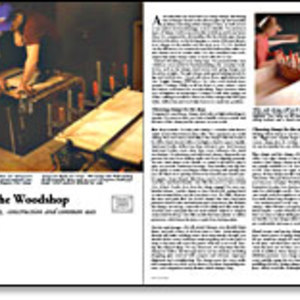






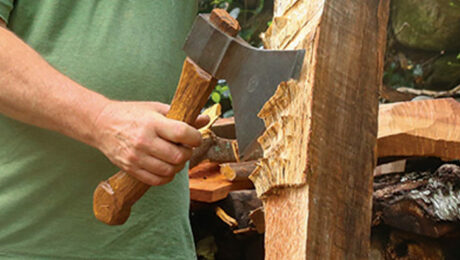
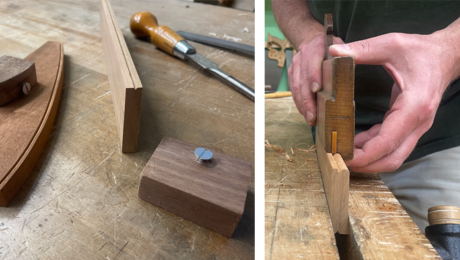
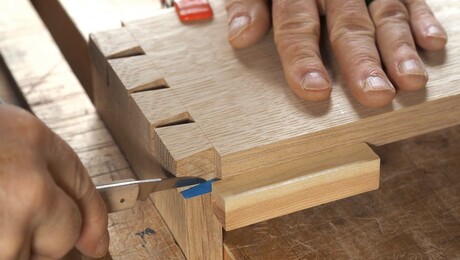








Log in or create an account to post a comment.
Sign up Log in